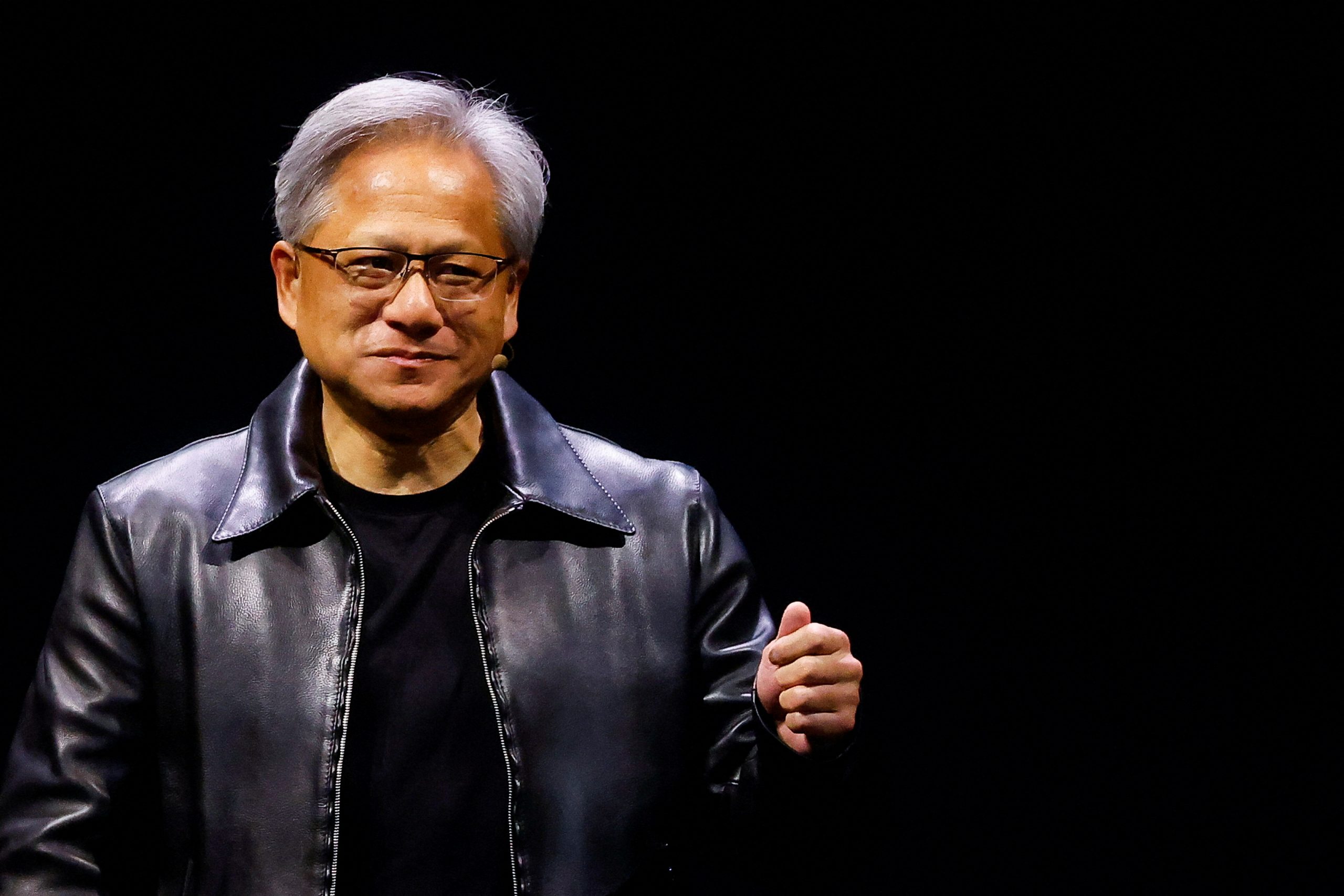BNR – According to CEO Jensen Huang, Nvidia feels completely secure depending so heavily on chip manufacturer Taiwan for production. Nvidia Corp is a leading vendor of artificial intelligence (AI) processors and computing solutions.
Some businesses have voiced worries about possible commercial threats. This is due to China’s increased military threats towards the democratic island of Taiwan. China considers Taiwan as its own, while Taiwan firmly opposes this claim.
Taiwan Semiconductor Manufacturing Co (TSMC) manufactures Nvidia-designed chips. Huang stated that TSMC would also manufacture Nvidia’s next-gen devices. He did, however, declare that the company will keep trying to diversify.
“When I was here, in all of our supply chain discussions, we feel perfectly safe,” Huang remarked at an event. He responded with the aforementioned when asked about the political danger of the world depending heavily on Taiwan for chips.
High Expectations and Growing Demand
On Friday, Huang announced he will meet with officials from TSMC and Apple Inc supplier Foxconn. Foxconn manufactures iPhones and other electronic goods that include AI processors. He had not yet determined whether he would return to China following his trip to Taiwan.
Nvidia processors have been at the centre of important technological revolutions including video games, self-driving vehicles, cloud computing, and AI.
According to Huang, TSMC is an elite corporation with enormous capacity and remarkable agility. “I have every confidence that the demand placed on us… will be served and will be served soon,” Huang said.
Nvidia Positive Revenue Projections
Huang is a great celebrity in Taiwan, and he was greeted like a rock star on his visit to Taipei. Furthermore, following a keynote talk attended by hundreds of people on Monday, he was swarmed by enthusiastic admirers wanting pictures.
Nvidia revealed a second-quarter revenue projection that is more than 50% higher than Wall Street expectations last month. The revenue projection includes plans to increase supplies to match the company’s growing demand for AI chips.























































